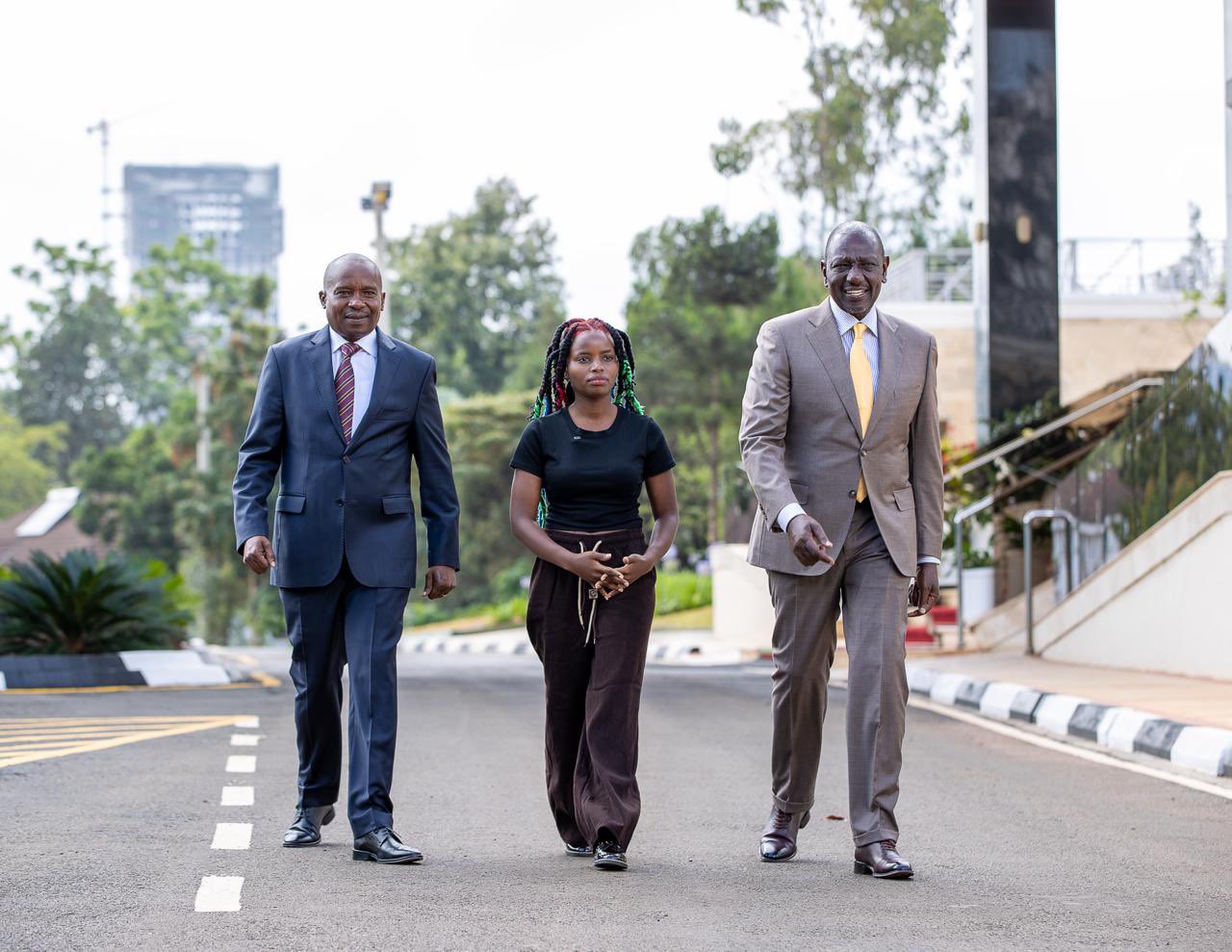Court declares law that allowed sale of KICC, other entities unconstitutional

Court declares Privatisation Act, 2023 unconstitutional; rules it was enacted without meaningful public participation.
The High Court has ruled that the Privatisation Act 2023 is unconstitutional, rendering it invalid.
In a ruling on Tuesday, Justice Chacha Mwita presided over the decision, stating that the Act could not stand because it lacked meaningful public participation during its formulation.
More To Read
- New international convention centre at Bomas set for completion in April 2026
- Government targets Kenyan travellers in Jamhuri Week drive to revive tourism sector
- Women and youth in marginalised communities highlight exclusion, demand action
- David Mutiso, visionary architect behind KICC, dies
- Blow to State as court declares eCitizen Sh50 charge illegal, halts mandatory school fee payment via platform
- IG Douglas Kanja urges court not to issue orders over political activity claims
The ruling came after a petition was filed by Katiba Institute, challenging the constitutionality of key sections of the Act, including sections 7, 22(5), 48(1), 50, and 64.
In addition, the court declared that the proposed sale of the Kenyatta International Convention Centre (KICC) under the Act was unlawful.
Justice Mwita emphasised that KICC is a national monument and heritage site, and any plans to sell it would violate constitutional and cultural rights.
The judge's decision was in agreement with submissions made by the Orange Democratic Movement (ODM), which also filed a case against the Act.
ODM argued that the public was not allowed to express its views on the legislation, making it easier for state enterprises to be sold to private companies.
Through their lawyer, Jackson Awele, ODM contended that such assets, which include Kenya Pipeline Company, Kenya Literature Bureau, and Kenya Seed Company, among others, form part of the country’s sovereign wealth and can only be privatised with the people's consent via a referendum.
“These assets hold significant cultural and strategic importance to the public and cannot be disposed of without public approval,” ODM’s submissions read.
Justice Mwita agreed, adding, “KICC is a national monument that needs to be protected, and the decision to privatise it goes against Article 11(2) of the Constitution and the Monuments and Heritage Act. Privatising it is unconstitutional, null, and void. Public participation is a key constitutional requirement in legislative processes, and in this case, it was insufficient. Therefore, the Act cannot be allowed to operate.”
The contested Act was signed into law by President William Ruto on October 9, 2023, and was set to commence on October 27, 2023.
It repealed the Privatisation Act of 2005, introducing provisions that ODM argued would give the Executive arm of government sweeping powers to dispose of key state assets.
“In passing the impugned Act, the National Assembly and the President failed to protect and uphold the sovereignty of the people of Kenya,” ODM said.
The Privatisation Act of 2023 was designed to improve the regulatory framework for privatising public entities, to increase the efficiency and competitiveness of Kenya's productive resources.
Part of the Act states, "It is intended to eliminate bureaucratic hurdles in the privatisation of non-strategic or underperforming government entities."
Significant changes brought about by the Privatisation Act of 2023 included the creation of the Privatisation Authority and the elimination of the requirement for parliamentary approval of its members.
Top Stories Today












































